Division of Physical and Health Education
Course Description
What is physical and health education…?
Physical and health education focuses on diverse phenomena related to the “body and mind” that exist in schools, families, and society. The focus
is on education and research from a broad – basic, integrative, and practical – standpoint. The aim is to cultivate sound views of the body, development, and sports, and to foster an awareness and ability to proactively face and take actions to the goal of “nurturing the body and mind” in oneself and in society.
Established in April 1998, the Division of Physical and Health Education is the first of its kind in Japan focusing on “education about the body and
health.” Our education principles can be summed up as follows:
– Understand the nature of the body
– See the significance of the body, health, and life
– Appreciate the fun and joy of physical activities
This course consists of four research fields: “Educational Physiology,” “Developmental Brain Sciences,” “Health Education,” and “Physical
Education,” and is concerned with elucidating the basic mechanisms and functioning of the human body, mind, and brain and their development. We
are also working on a wide range of contemporary and advanced problems related to the promotion of physical and mental health and their educational applications. Our research involves the data analysis
and modeling of biomedical and health-related information using wearable devices and IoT systems; analysis and dynamical modeling of functional
brain imaging and behavioral generation in the developmental process; investigation of genetic and environmental factors that might affect physical and mental development; analysis and modeling of motor learning mechanisms using motion analysis, brain stimulation, robot arms, etc.; behavioral measurement and field research focusing on the relationship between lifestyle and health problems; and computational modeling and analysis of behavioral, physiological, and brain functional imaging data aimed to elucidate the neural and bodily mechanisms of learning and emotion.
Staff
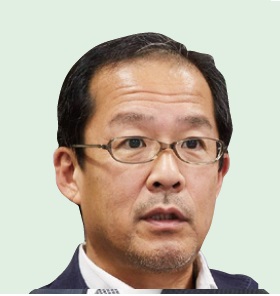
Yoshiharu YAMAMOTO
Professor (Educational Physiology)
The data analysis of biomedical and health-related information is my specialty. In a research side, focusing mainly on health-related data in daily settings, I investigate methods for the data collection, data analysis, interpretation of the results, and the use of information obtained for health risk evaluation and disease prevention. In addition to the development of new methodology for signal processing, modelling, and statistical analysis, of the standard physiological measurements, recently I also focus on a broader health-related data including behavioral and social ones. In an education side, I aim at teaching students with diverse interests and concerns so that they acquire specialized and integrated analytic skills required in the era of information and communication technology.
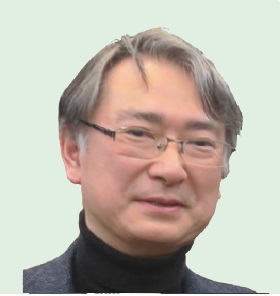
Tsukasa SASAKI
Professor (Health Education)
A major focus of my study is to investigate and elucidate genetic and environmental factors that might affect physical and mental development in children and adolescents. Biological and psychological factors play a significant role in such development, which I would like all students in the research areas of education to understand well when they conduct their studies. Specific studies include the effects of the sleep-wake rhythm in 24-hour society, genome variations and environmental factors, especially during the embryonic stage, on growth, development, mental health and disorders. Other studies are on the effects of lifestyles and environmental factors on students’ and teachers’ mental health in high schools and universities. Longitudinal comparisons of co-twins in their physical and mental development are also a focus of these studies.
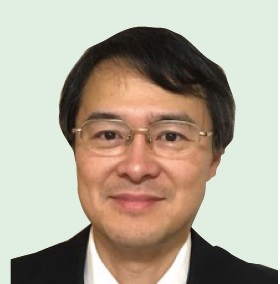
Gentaro TAGA
Professor (Developmental Brain Sciences)
I explore the principle of how locomotion, perception and cognition of man are generated through dynamic interaction between the brain, body and the environment. In particular, I focus on the developmental process of newborns and infants and hope to shed light on nativism; rule of the development of complex systems; adaptability to the environment; voluntary information-generating mechanism. I also work on behavior measure; psychological experiments; imaging of the brain; nonlinear dynamics modeling and computer simulation.
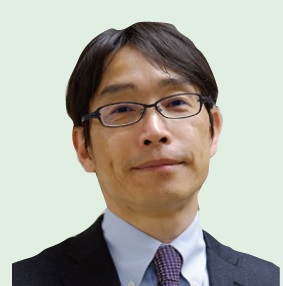
Daichi NOZAKI
Professor (Physical Education)
The neural and musculoskeletal systems that support bodily motions have extremely redundant characteristics. For instance, the motion of flexing and extending a single joint involves an enormous number of neurons of the brain and spinal cord and a large number of muscles. Through such methods as motion analysis, (evoked) electromyogram, brain waves, magnetic stimulation of the brain, fMRI and motor learning paradigm using the robot arm, I hope to clarify how sophisticated movements are performed and acquired based
on this redundancy.
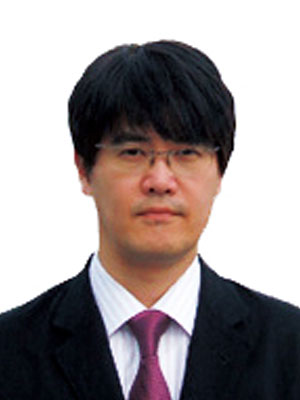
Fumiharu TOGO
Professor (Educational Physiology)
Modern 24-hour society has changed many aspects of our behaviors such as sleep, diet, and physical activity. My work focuses on how changes in amount, quality, and timing of these life-related activities predict future physical and mental functions and illnesses, which will increase in diversity in various physical and social environments, in adolescents, workers, and the elderly. To gain insight into how this might happen, I examine biological and questionnaire data obtained by laboratory, ecological, and epidemiological approaches.
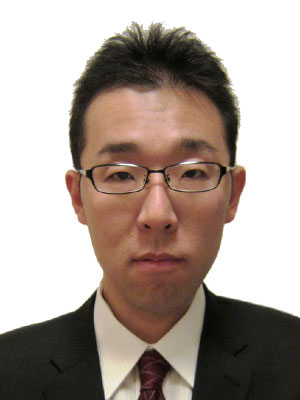
Kenji MORITA
Associate Professor (Physical Education)
How we can learn from successes and failures, and how we can motivate ourselves to learn, are both fundamental issues in learning physical skills used in sports or music performance, as well as in every kind of learning. Also, whether a thrilling event induces pleasure or fear, or whether a complicated quiz excites or annoys someone, depends on one’s past experience, physical and mental state, and personality. I am studying neural and bodily mechanisms of learning and emotion underlying these phenomena through computational modeling and analysis based on biological knowledge and behavioral/physiological approaches.
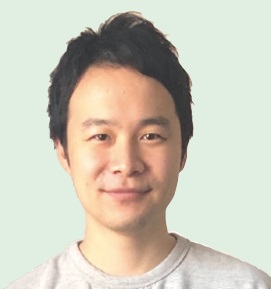
Takuji HAYASHI
Assistant Professor (Physical Education)
Movements that are the only output of humans, such as talk, walk, and reach, are often executed without even paying attention. For example, when we walk, we do not need to think about how to move our legs or which leg to move first. My goal is to elucidate the principles of such implicitly processed movement execution from both theoretical and experimental perspectives. In particular, I believe that discovering novel principles of motor control and learning processes is crucial. I am conducting research about human motor behavior from various perspectives by flexibly incorporating ideas and findings accumulated in other fields.